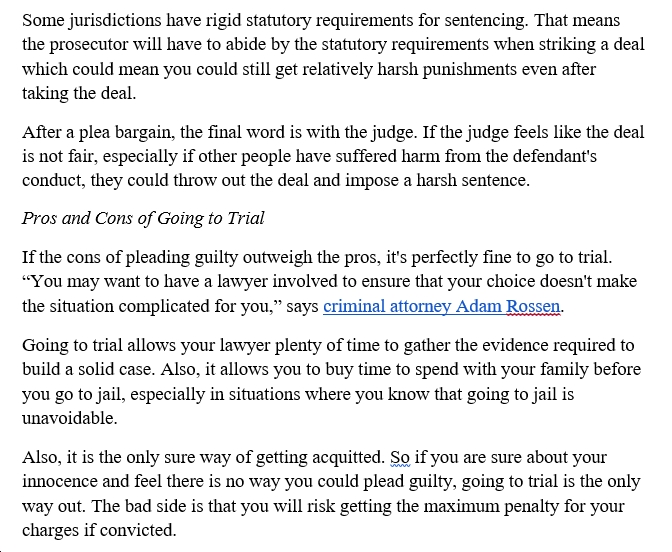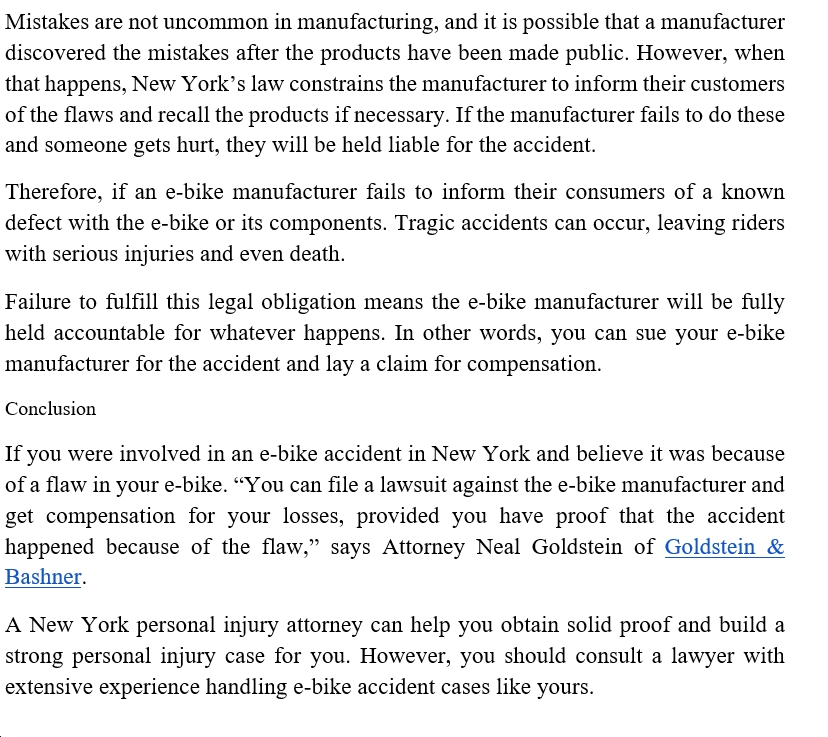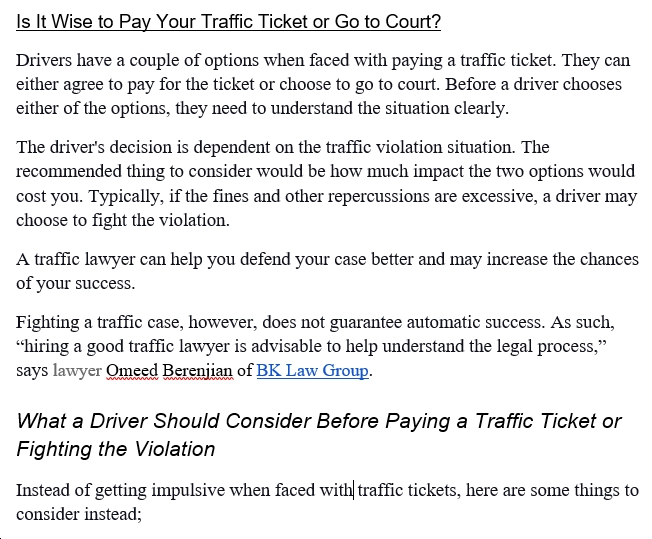SPONSORED CONTENT
Currently, ten states have legalized marijuana for medicinal and recreational use, while dozens have approved it for medicinal use only. Although states have been making their own marijuana laws for years, many believed that it would be a long time before cannabis is legal at the federal level. In November of 2019 though, proponents of changing the law become one step closer.
The bill the House Judiciary Committee has passed would decriminalize marijuana, and allow states more opportunities for unique regulations. The bill passed by the House was called the ‘Marijuana Opportunity Reinvestment and Expungement Act,” or the MORE Act for short. It would officially remove marijuana from Schedule I of the Controlled Substances Act. It would also create the Cannabis Justice Office, which would place a five percent sales tax on states that have legalized marijuana.
“Changing the laws could be useful, but as with any law, no one knows with certainty until it actually happens,” says Attorney Seth Okin. “With so many states changing their own marijuana laws, many think the general public does have an appetite for changing these laws federally. However, it is also important to remember that there are just as many states that are against it and so, it is difficult to say whether the whole of the general public wants the laws to change or not.”
Although this is one of the first times there has been real movement regarding changing the federal laws on marijuana, whether or not it will actually happen remains to be seen. The Senate has a Republican majority, and the party has historically been against legalizing, or even decriminalizing, marijuana.
Additionally, Donald Trump has also been vocal about his criticism of marijuana and any legislation that supports it. In fact, in 2019, Trump donated a portion of his salary to fund a promotional campaign showcasing the negative effects of marijuana. Any change to federal law would require Trump’s signature and so, that is one hurdle this bill may face when becoming law.

















